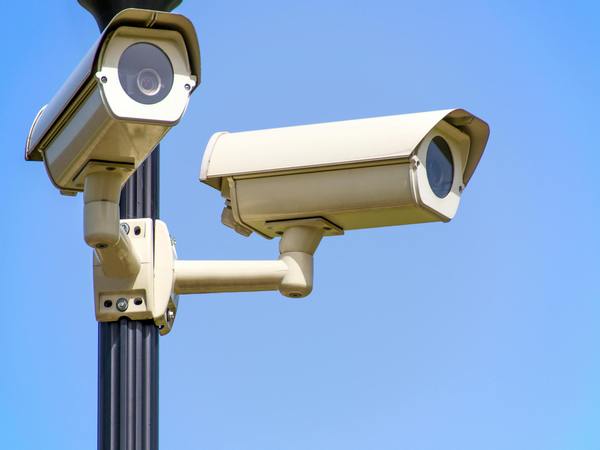Hong Kong's Surveillance Expansion: Balancing Safety and Privacy Concerns
Hong Kong plans to install thousands of new surveillance cameras, sparking debates over privacy and public safety. Officials cite crime prevention, while critics fear potential political repression. The rollout highlights tensions between increased security and personal freedoms in one of the world's safest cities.

The Hong Kong Police Force has announced plans to install thousands of surveillance cameras across the city, citing crime prevention and public safety as primary objectives. However, privacy advocates and experts express concerns that this initiative may align Hong Kong's practices more closely with those of mainland China, according to a CNN report.
This year, authorities plan to add 2,000 surveillance cameras, with further expansions anticipated. Security Chief Chris Tang indicated in July that facial recognition technology could be integrated, potentially incorporating artificial intelligence to help identify suspects. While exploring global uses of surveillance, specifics on the system's capabilities and timeline remain unclear.
Despite Hong Kong's safe-city reputation, officials underscore the need for enhanced surveillance for public order. Tang compared Hong Kong to other jurisdictions, like Singapore and the U.K., which have extensive camera networks. Experts, however, warn about the distinctive political environment in Hong Kong, especially post-national security law enactment, differing from these Western democracies.
Post-2019 protests, authorities cracked down on dissent, jailing activists and targeting civil society groups. Nonresident fellow Samantha Hoffman warns that new surveillance tech could aid political repression, contrasting Hong Kong's use of technology with Western democracies. Hong Kong currently operates over 54,500 public CCTV cameras, comparable to New York but less than London.
During 2019 protests, increased surveillance fears led demonstrators to disguise themselves, with some vandalising cameras. As police expand surveillance, experts fear facial recognition misuse. Critics argue transparency issues in implementation threaten privacy and civil liberties. Despite reassurances that footage won't be used politically and will be deleted every 31 days, experts question the adequacy of privacy laws.
The ongoing camera rollout raises apprehension about privacy and freedoms in an increasingly monitored society, leaving Hong Kong residents wary of a future where surveillance might threaten personal liberties.
(With inputs from agencies.)










